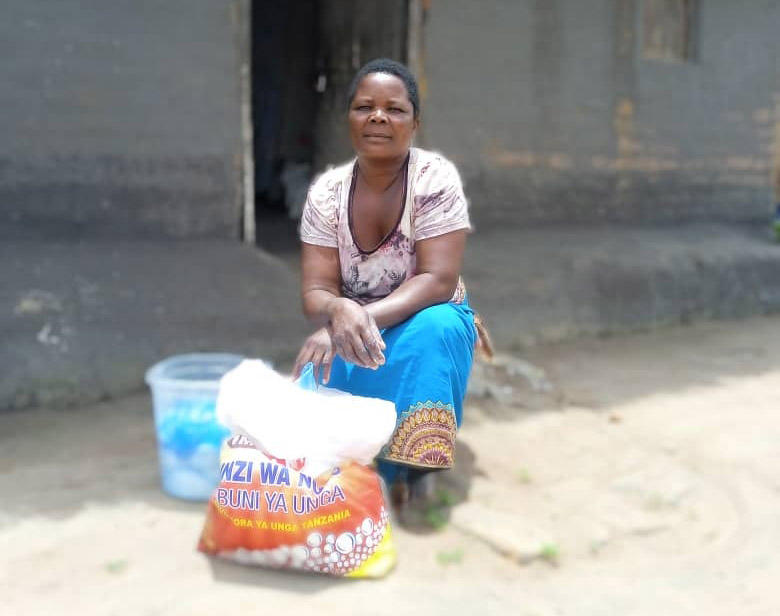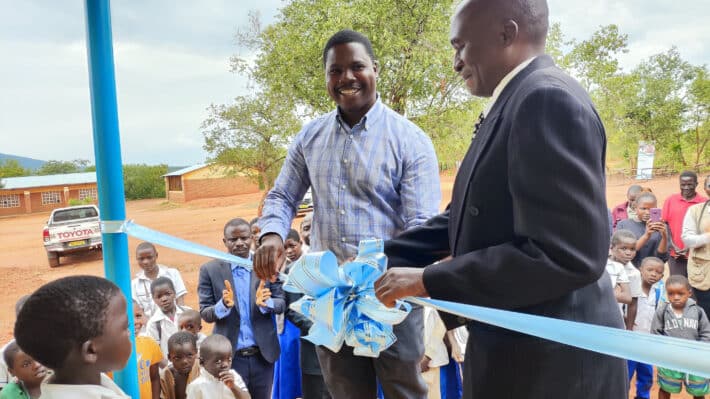Microloans and Building Business Skills in Malawi

Magret's Story

Magret hails from Kachigamba village, Traditional Authority Chakhaza in Dowa. She is a current participant in our FEM for Women program, where she has received a microloan and learns about business skills.
Magret explains how hard life was before joining the FEM program. “My husband and I used to rely on piece work. As such, it was hard for us to make ends meet. There were days our children could go to school on empty stomachs,” laments the mother of four.
How does FEM for Women help with microloans?
Magret explains how she had always wanted to start a business but she never had the start-up capital.
Our FEM for Women program began in 2017 with the goal of supporting women like Margret who are stuck in a cycle of poverty. Women apply for a no interest loan that will be paid back in equal installments over the next four months. The money helps them buy more supplies to trade or otherwise invest in their small business. Then, they use the profits to improve their lives.
Magret applied for a 100,000 Kwacha loan which she invested in her powdered soap and tomato businesses.
“I decided to invest in two different businesses so that they can be supporting each other in case one business makes losses,” explains Margret.
How does FEM for Women help with building business skills?
What strikes her the most is that on top of the loan, she was taken through business training which has greatly helped her in running her business efficiently.
“Apart from the loans that we give to the FEM women, training is the most important aspect as it helps them understand their business environment and how to manage their businesses better,” says Tango Phiri, FEM program manager.
So far, with the proceeds Magret has made from her business, she has managed to cultivate a 2 acre field of soybeans and an acre of maize.
When asked about her future plans, Magret says she plans to grow her business in 2023 and use the proceeds to buy goats which will help her household become more financially secure.




